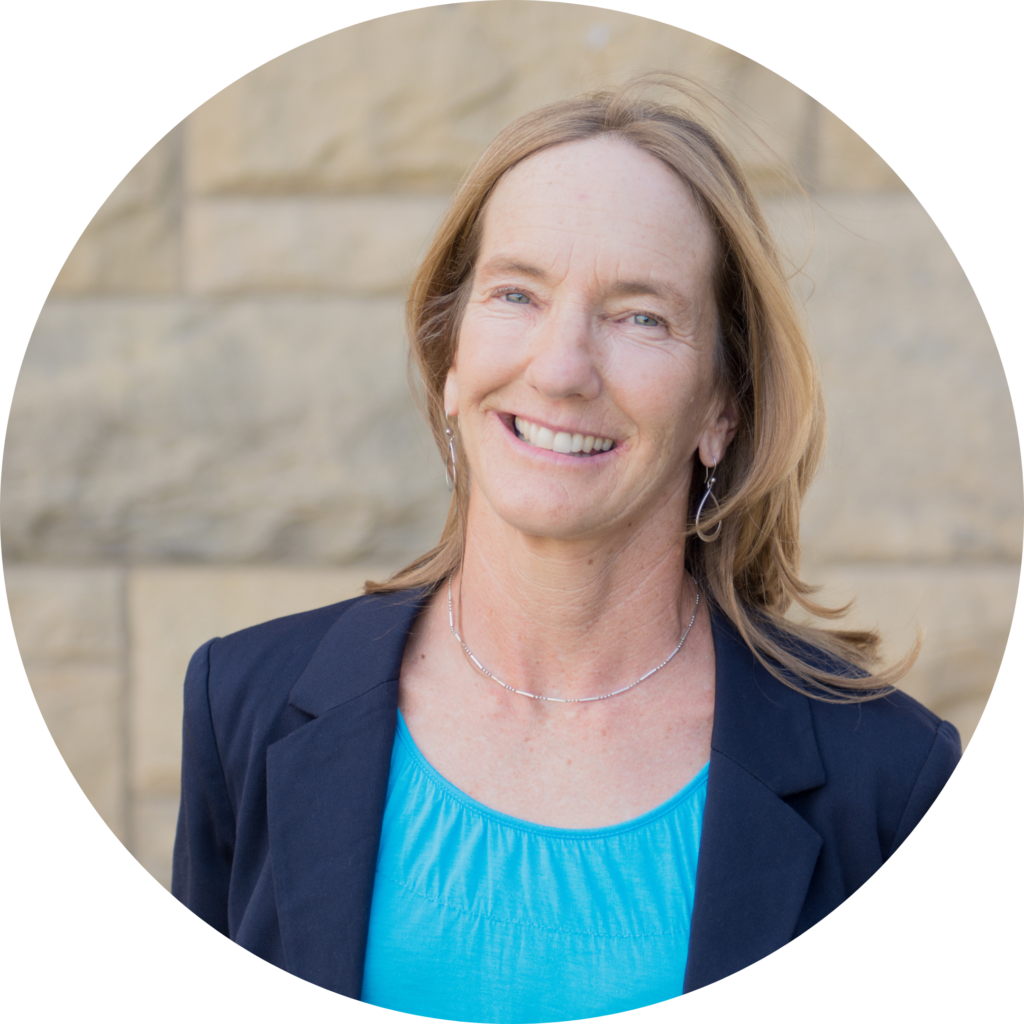This except is from an interview piece in Our Shared Seas. Our Shared Seas spoke with Dr. Rosamond Naylor to discuss the current state of the aquaculture industry—and what the next 20 years may look like for the sector. Read the full article here.
In 2001, Dr. Rosamond Naylor of Stanford University led a study that pointed to the challenges of the aquaculture sector due to its heavy reliance on wild fish to feed carnivorous farm-raised species. The study led to questioning within the environmental community as to whether the growing aquaculture sector would increase, rather than relieve, pressure on marine fisheries. Over the past 20 years, the volume of global aquaculture production has tripled. Dr. Naylor recently led a 20-year retrospective review of the aquaculture sector to examine its progress and lingering challenges.
What would it look like to promote aquaculture growth with a lens of integrating nutrition, equity, justice, and environmental priorities?
“I am a co-chair of the Blue Food Assessment, which mapped the role of aquatic foods within the larger global foods system. This assessment fed into the United Nations Food System Summit in September 2021 and explores what it would look like to put aquatic foods on the map with all other foods. The community’s attention right now is focused on the question of how to achieve an environmentally sustainable, nutritious, just and equitable food system. Through this lens, the role of smallholders in aquaculture is critical given their contributions to food security and livelihoods.”

“The challenge is that global investments in aquaculture have leaned towards higher-value species—like salmon and shrimp—that have benefitted from gains in feed and genetics. If we applied even a fraction of those investments into smallholder aquaculture, we could make significant improvements in the sector’s sustainability.”
